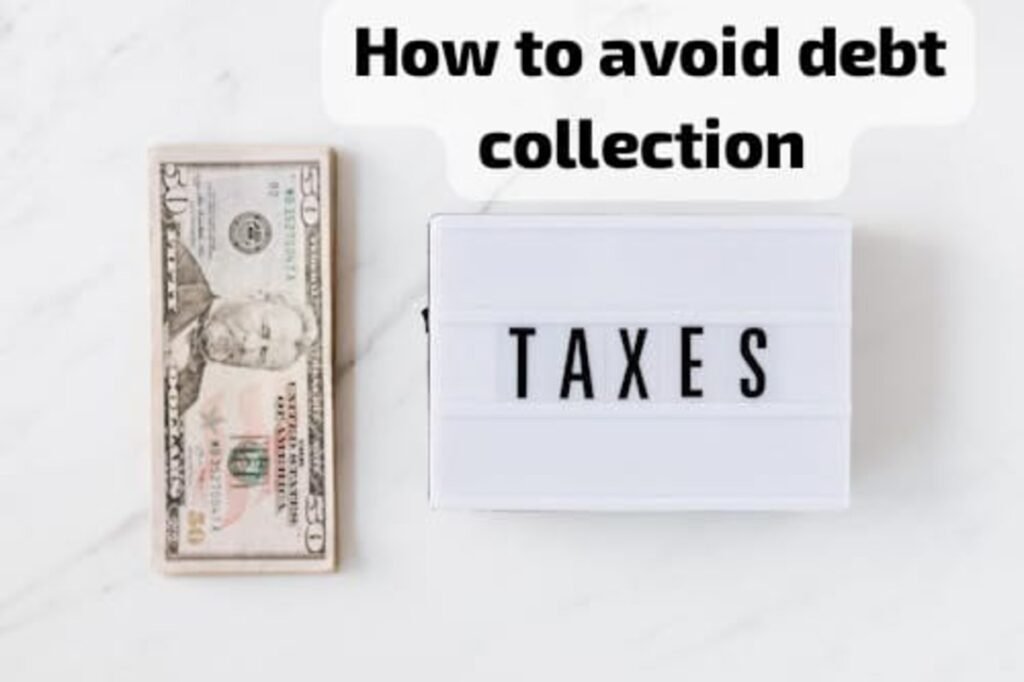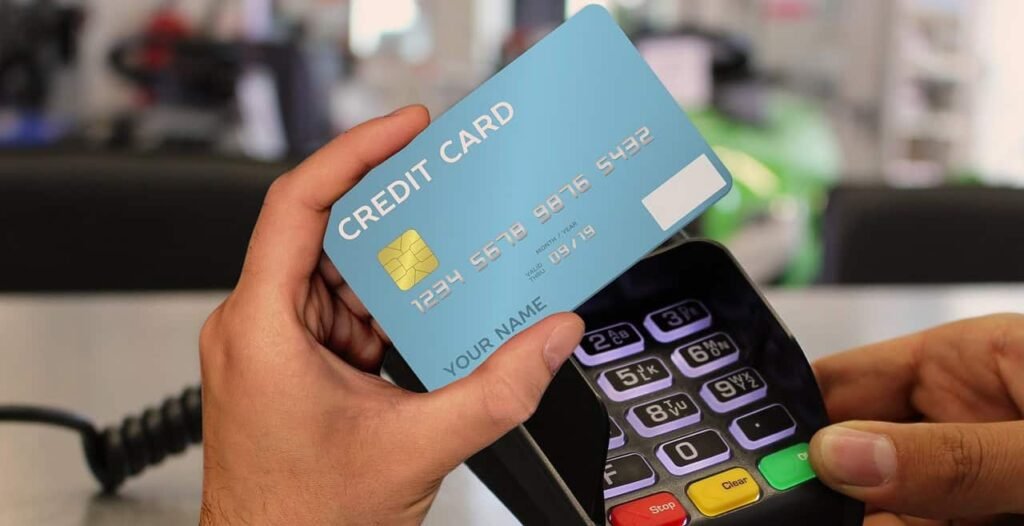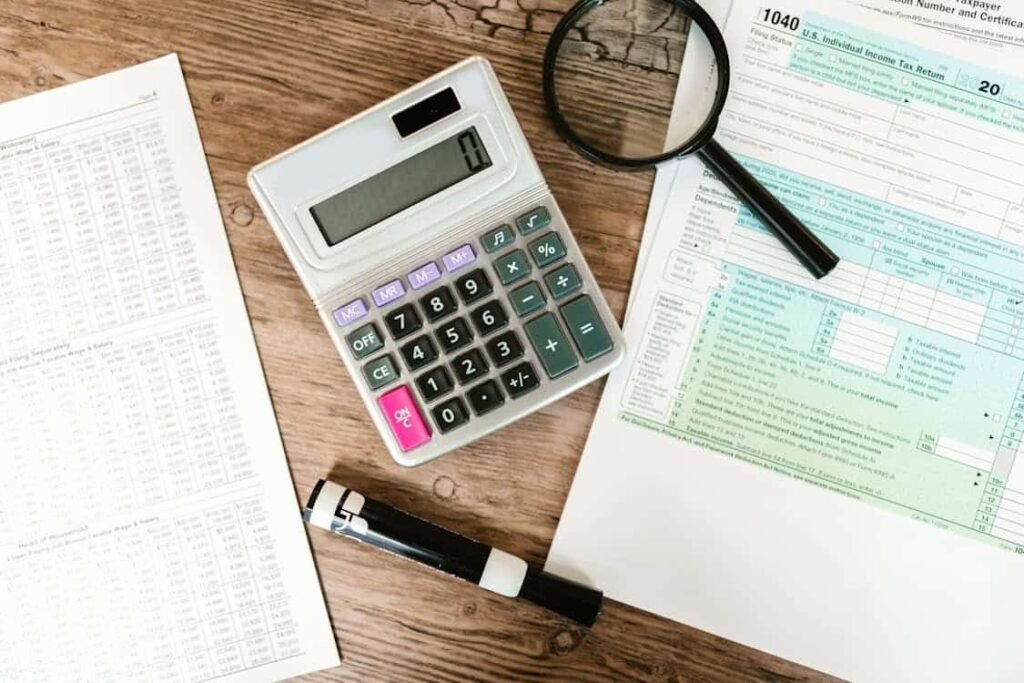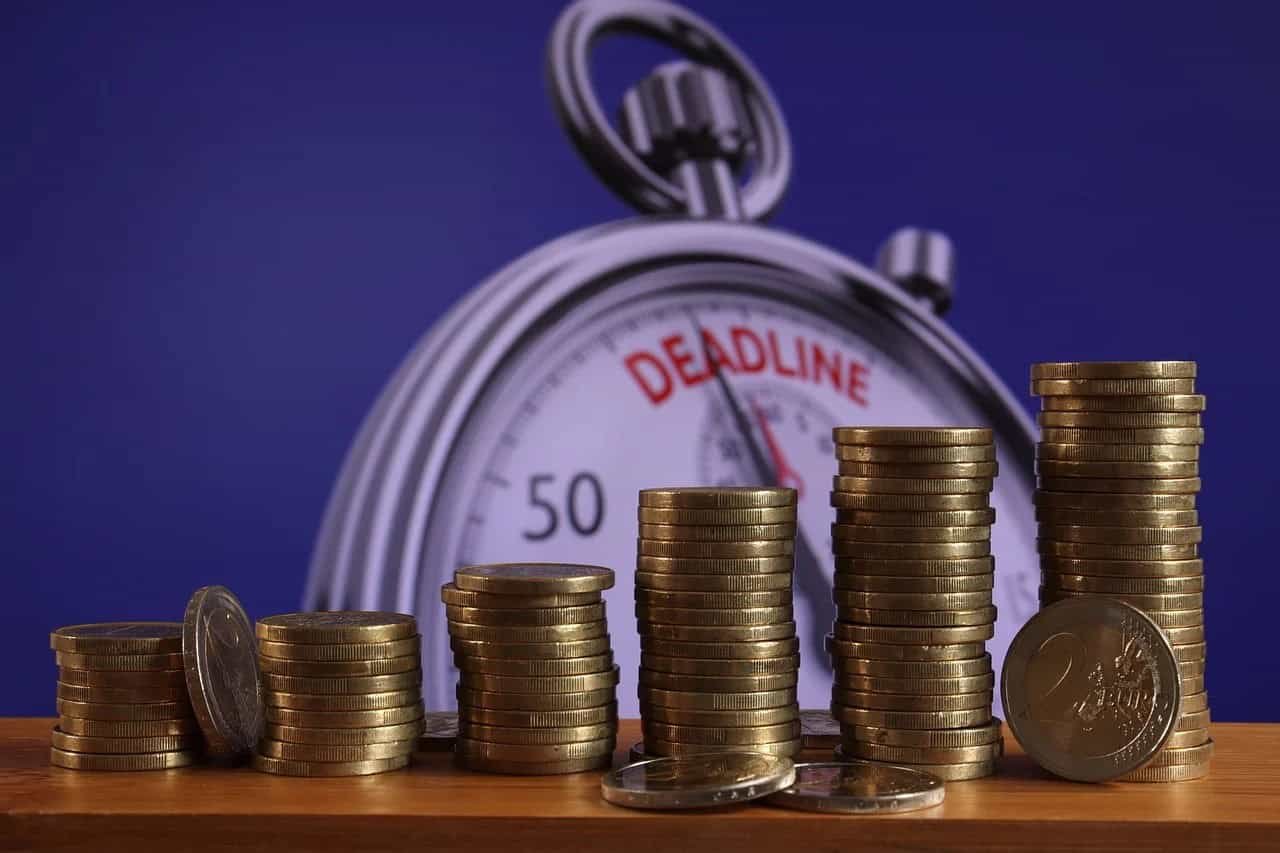Dealing with money stress can be overwhelming, especially when facing the threat of debt collection. Knowing how to avoid debt collection can save you from embarrassing calls and financial consequences
This guide will show you exactly how to avoid debt collection—even if you’re broke, busy, or just figuring out adulthood. Let’s keep your money (and your peace of mind) safe.
What Happens if You Ignore Debt Collection? How It Affects Your Financial Health
Ignoring debt collectors may seem like an easy way to avoid the problem, but it only makes things worse. Here’s what happens when you don’t address debt collection: they’ll keep calling, emailing, and eventually, they may take legal action.
Ignoring debt collection calls can also hurt your credit score, impacting your ability to rent a home or secure a car loan. Worst-case scenario, debt collectors can sue you, escalating the situation to a legal battle.

Falling behind on payments is more common than you think. Life can throw unexpected challenges your way, like losing a job or managing a tight budget. Whether it’s forgotten bills or mounting expenses, acting early is key to preventing debt collection.
The sooner you reach out to creditors and start setting up payment plans, the easier it is to stay in control and avoid the serious consequences of missed payments.
How to Prevent Debt from Going to Collections
Step 1: Understand the Collections Process
When you have debt, it can feel extremely stressful to manage payments, especially if you fall behind. If you are not careful, your situation can damage your credit score and make it difficult to get approved for loans and credit cards in the future. The good news is that there are practical steps you can take to prevent your debt from reaching collections, even if you are late on payments.
The first step is understanding the process. Your creditor may eventually send your account to a collection agency, which will attempt to collect through different means like calling, sending letters, reporting the debt to credit bureaus, or even suing. Taking important early steps at this point can help stop things from escalating and protect your credit and financial stability.
Step 2: Communicate with Your Creditors
If you are struggling to make payments, the smartest move is to communicate with your creditors early. Be honest about your situation and try to work out a payment plan. Many creditors are willing to help borrowers who show genuine effort to repay their debts.
Step 3: Get Help from a Credit Counselor
When you feel overwhelmed by debt, seeking help from a credit counselor is a smart strategic step. A professional can create a budget, negotiate with creditors, and develop a realistic plan to pay off your obligations.

Step 4: Take Advantage of Debt Relief Programs
There are many debt relief programs that can help you get out of debt. For example, debt consolidation loans allow you to combine what you owe into a single loan with a lower interest rate. Another option is debt settlement, which involves negotiating to reduce the amount owed.
For more serious cases, bankruptcy may be a legal process that lets you discharge debts entirely. Each method has its own advantages and consequences, so selecting the right one depends on your financial situation and long-term goals.
Tips for Preventing Debt from Going to Collections
When it comes to managing debt, one of the smartest moves is to stop incurring more debt. By following simple yet effective tips, you can avoid incurring additional debt and strengthen your financial stability.
Start with budgeting:
- Maintaining a budget gives you the power to manage debts and expenses effectively. Without a clear plan, your interest payments can eat into your cashflow, leaving less room for your financial goals. When you use a structured budget and set clear objectives, you can stay focused and prevent unnecessary borrowing.
Building an emergency fund:
- The best way to avoid getting into debt is to keep a cash reserve specifically set aside for unplanned expenses. The amount you should save depends on your personal situation, but a common rule is to keep 3-6 months of expenses in your fund. This cushion helps you manage unexpected costs without relying on credit.
Insurance:
- Just like an emergency fund, having insurance can help keep you out of debt when unexpected events happen. Make sure you have adequate homeowners, renters, business, and automobile insurance to cover expenses if an emergency occurs.
Additional Tips
If you are already late on payments, don’t ignore your creditors. The longer you wait, the worse your situation can become. Be honest about your financial situation, and show that you are trying to repay your debts.
Don’t hesitate to negotiate to reduce the amount owed or set up a payment plan that works for you. Keep records of all communications to protect yourself from future problems. These habits prevent debt from going to collections and protect your credit score over time.

Conclusion
Avoiding debt collection starts with taking proactive steps to manage debt wisely. By budgeting effectively, building a strong emergency fund, and maintaining adequate insurance, you create financial security that protects you from unexpected situations. Consistency in applying these strategies helps you avoid incurring additional debt, safeguard your cashflow, and stay focused on your financial goals.
With careful planning and responsible action, you can keep control of your finances and reduce the chances of your debt ever reaching collections.
Fresh money guides you’ll love
Slash months off your auto loan with smart payment hacks.
Read nowYes, it’s possible: rent and still build your home fund.
Read nowStart early, save smart, and unlock your first place.
Read nowTurn the dream trip into a reality with fun saving tricks.
Read now
